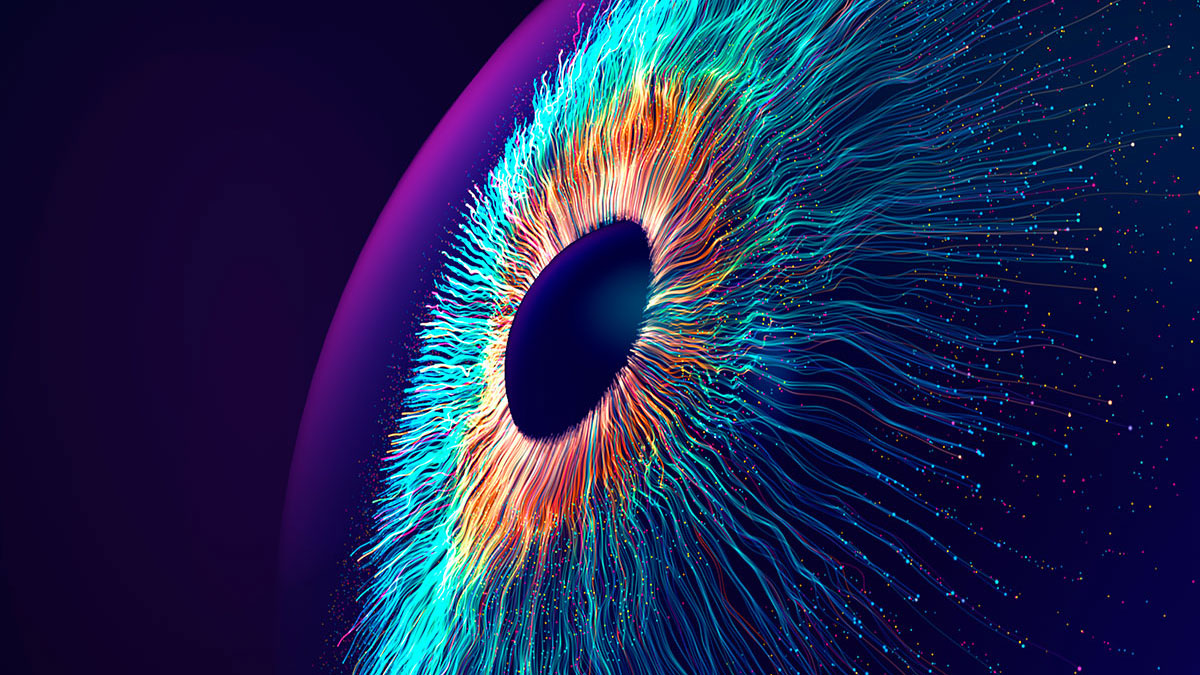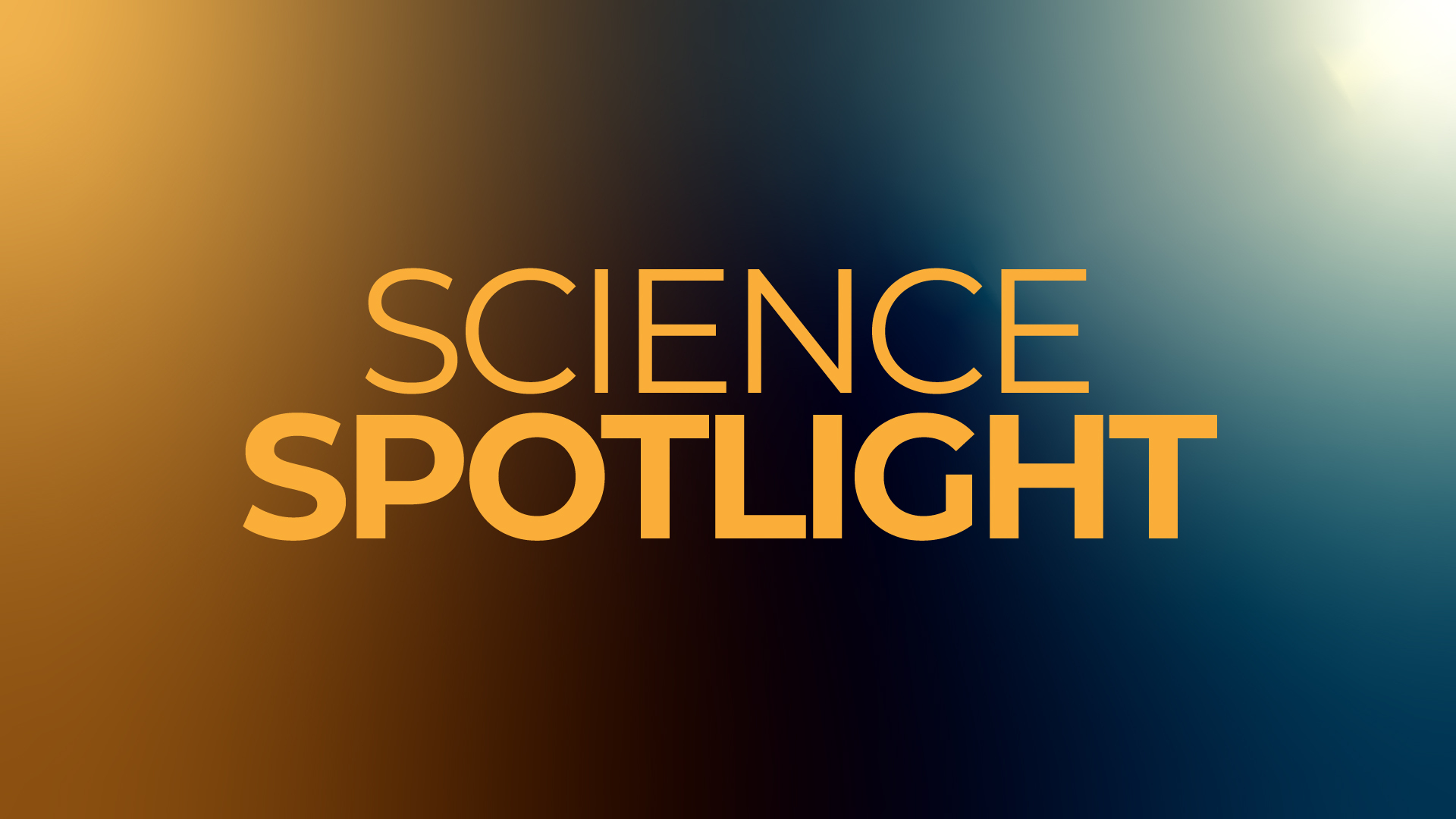Science News: Recent scientific discoveries and expert analysis
Read the latest science news and recent scientific discoveries on Live Science, where we've been reporting on groundbreaking advances for over 20 years. Our expert editors, writers and contributors are ready to guide you through today's most important breakthroughs in science with expert analysis, in-depth explainers and interesting articles, covering everything from space, technology, health, animals, planet Earth, and much more.

Explainers | Everything you need to know about the science news that matters.

Science Spotlight | Shining a light on new science transforming our world.
Latest news

Lyrid meteor shower peaks next week: How to spot the most 'shooting stars'
By Jamie Carter published
Up to 18 "shooting stars" per hour may be visible during the peak of the Lyrid meteor shower on April 21-22.

Inequality isn't inevitable in civilizations, 10,000 years of archaeological evidence reveals
By Ben Turner published
A study of 50,000 houses from the late Pleistocene to the onset of European colonialism has revealed that social inequality isn't inevitable, but rather a consequence of political choices.

First baby conceived with remotely operated 'automated IVF' has been born
By Elana Spivack published
Performed remotely in Mexico by engineers and embryologists in New York, an automated fertility treatment resulted in conception and, more recently, a live birth.

'Flesh-eating' infections that liquefy tissues can affect the vulva, doctors warn
By Jess Thomson published
Doctors in the U.K. have warned gynecologists of the risks of necrotizing fasciitis in the external genitalia after seeing several cases.

Sickle cell 'crises' linked to menstrual cycle
By Jennifer Zieba published
In a new study, researchers found that the inflammation behind painful episodes in sickle cell disease are correlated with the menstrual cycle.

World Quantum Day 2025: What is quantum superposition?
By Jess Thomson published
Quantum superposition is a phenomenon in which a tiny particle can be in two states at the same time — but only if it is not being directly observed.

Study reveals 'flawed argument' in debate over when plate tectonics began
By Stephanie Pappas published
You don't need plate tectonics to get continental crust that looks modern, a new study finds.

AI has now officially passed the original Turing test, scientists say
By Roland Moore-Colyer published
GPT-4.5 has successfully convinced people it’s human 73% of the time in an authentic configuration of the original Turing test.

Elite Celtic warrior had healed arrowhead injury in his pelvis, 3D bone analysis reveals
By Kristina Killgrove published
A Celtic warrior was injured in battle 2,500 years ago. Archaeologists were able to identify the weapon based on 3D scans of his skeleton.

We may finally know how to make a stable Dyson sphere
By Paul Sutter published
Is it possible to build a Dyson sphere that isn't catastrophically unstable? New research says yes, but only in one type of star system.

It's time to clean up space junk before orbits become 'unusable,' according to new ESA report
By Damien Pine published
A new report released April 1 by the European Space Agency sheds light on space pollution surrounding our planet — how bad the problem is, and what we need to do to keep Earth orbits clean enough to use.

Record-breaking 'dead' galaxy discovered by JWST lived fast and died young in the early universe
By Robert Lea published
The most distant and earliest "dead" massive galaxy ever seen shows some galaxies lived fast and died young shortly after the Big Bang.

'Major' ancient Egyptian town discovered — and it has a jug stamped with the name of Nefertiti's daughter
By Owen Jarus published
A settlement dating back around 3,400 years has been discovered near the Mediterranean Sea in Egypt.

Largest-ever brain 'connectome' built by having a mouse watch 'The Matrix' and 'Star Wars'
By Kamal Nahas published
Using advanced microscopes that capture brain cell anatomy and activity, a portion of a mouse's brain was mapped and rendered into a 3D atlas that creates new possibilities for neuroscience.

Archaeologists may have discovered the birthplace of Alexander the Great's grandmother
By Owen Jarus published
Remains of what may be the ancient capital city of the Kingdom of Lyncestis have been found in North Macedonia.

Elusive neutrinos' mass just got halved — and it could mean physicists are close to solving a major cosmic mystery
By Ben Turner published
Physicists have set a new upper limit on the mass of neutrinos. And the finding could poke a big hole in the Standard Model of particle physics.

La Niña finished after just a few months
By Patrick Pester published
The La Niña weather pattern ended last month as Pacific Ocean temperatures rose and the El Niño Southern Oscillation cycle entered a neutral state, according to the NOAA.

What are mRNA vaccines, and how do they work?
By Marilyn Perkins published
mRNA vaccines train the immune system in a similar way to traditional vaccines, but they use a different strategy to get there.

'Unusual' wooly mammoth tooth oldest ever found in North America
By Patrick Pester published
Scientists have unveiled the oldest woolly mammoth specimen ever discovered in North America as part of a major DNA study spanning a million years of mammoth evolution.

US company to use giant spinning cannon to blast hundreds of pancake-like 'microsatellites' into space
By Harry Baker published
Rocket start-up SpinLaunch wants to catapult hundreds of flattened "microsatellites" into space at once, using a cannon-like machine that accelerates objects by spinning them. The first orbital demonstration is scheduled for next year.
Sign up for the Live Science daily newsletter now
Get the world’s most fascinating discoveries delivered straight to your inbox.
